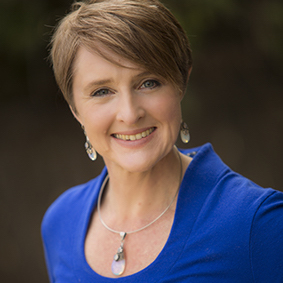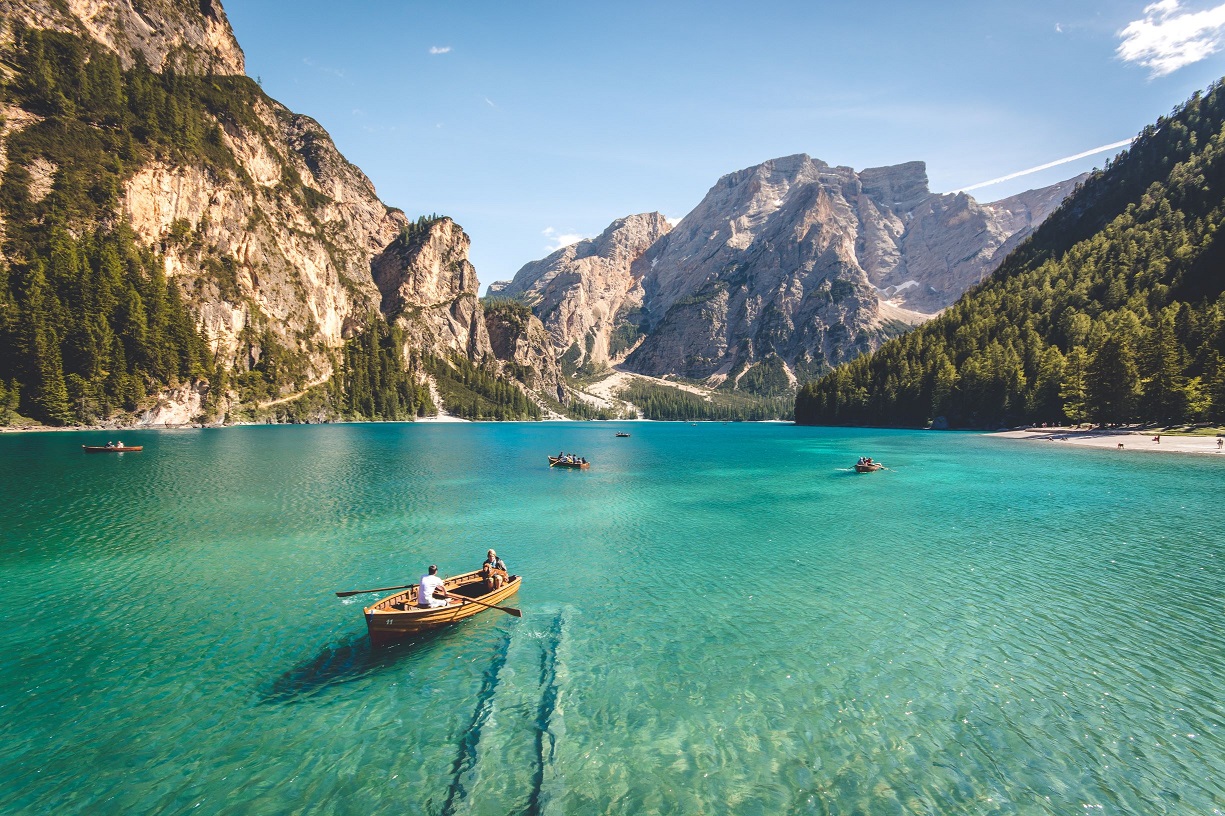A call to adventure. It’s the starting point for every hero’s journey, as outlined by Joseph Campbell in A Hero with A Thousand Faces.
Is there something more to it than myth and romance?
When I googled “the science of adventure” I got pages and pages of references to Jon Levy’s book, The 2AM Principle: Discover the Science of Adventure. I bought the book, read it, and concluded the book over-promised on the science of adventure. He quotes plenty of different research papers about aspects of novelty but has done no research at all on his own ‘formula’ for adventure, other than looking at the patterns of his own experiences.
What he comes up with is a trite acronym, “EPIC”: Establish, Push Boundaries, Increase, and Continue. He peppers the book with anecdotes of his drunken frivolities, post 2AM. GAHHHHHHH. This is not adventure, this is debauchery and tomfoolery.
Here is what I found elsewhere:
Adventurous choices, choices that are novel, has been shown to light up the ventral striatum part of the brain:
“Seeking new and unfamiliar experiences is a fundamental behavioural tendency in humans and animals,” says Dr Wittmann. “It makes sense to try new options as they may prove advantageous in the long run. For example, a monkey who chooses to deviate from its diet of bananas, even if this involves moving to an unfamiliar part of the forest and eating a new type of food, may find its diet enriched and more nutritious.
“When we make a particular choice or carry out a particular action which turns out to be beneficial, it is rewarded by a release of neurotransmitters such as dopamine. These rewards help us learn which behaviours are preferable and advantageous and worth repeating. The ventral striatum is one of the key areas involved in processing rewards in the brain. Although the researchers cannot say definitively from the fMRI scans how novelty seeking is being rewarded, Dr Wittmann believes it is likely to be through dopamine release.”
In other words, we seek adventure because it may lead to an advantageous discovery. This invites the feel-good hormone, dopamine. Hello dopamine, my old friend! The disadvantage is that this kind of adventurous pursuit may lead us astray in taking too many risks. Hello gambling.
Adventure has been part of neuro-wiring to help us seek out survival, and improve the human lot. Sometimes we try things and they don’t work. Better that we tried, no?
I find most of us are stuck in a routine of same old, same old. Lulled into a false sense of safety by being comfortable, we become trapped by the familiar.
When was the last time you tried something new? Mixed up your morning routine? Ate at a different restaurant? Chose a different holiday destination?
We may be stifling our adventurous spirit in exchange for the known boundaries of our experience. And what might we be missing out on?
We need baby steps back to adventure.
Here are some ideas to try on for size:
-
Order something different for your coffee break. It might suck! But at least you tried.
-
Say hello to a stranger in an elevator.
-
Read a different type of magazine.
-
Take a walk in a different neighbourhood.
-
Buy crazy underpants.
-
Don’t wear underpants!
-
Get your nails done with glitter polish.
-
Eat breakfast for dinner.
-
Dance in the supermarket aisles.
What are your suggestions for baby steps back to adventure?
***


